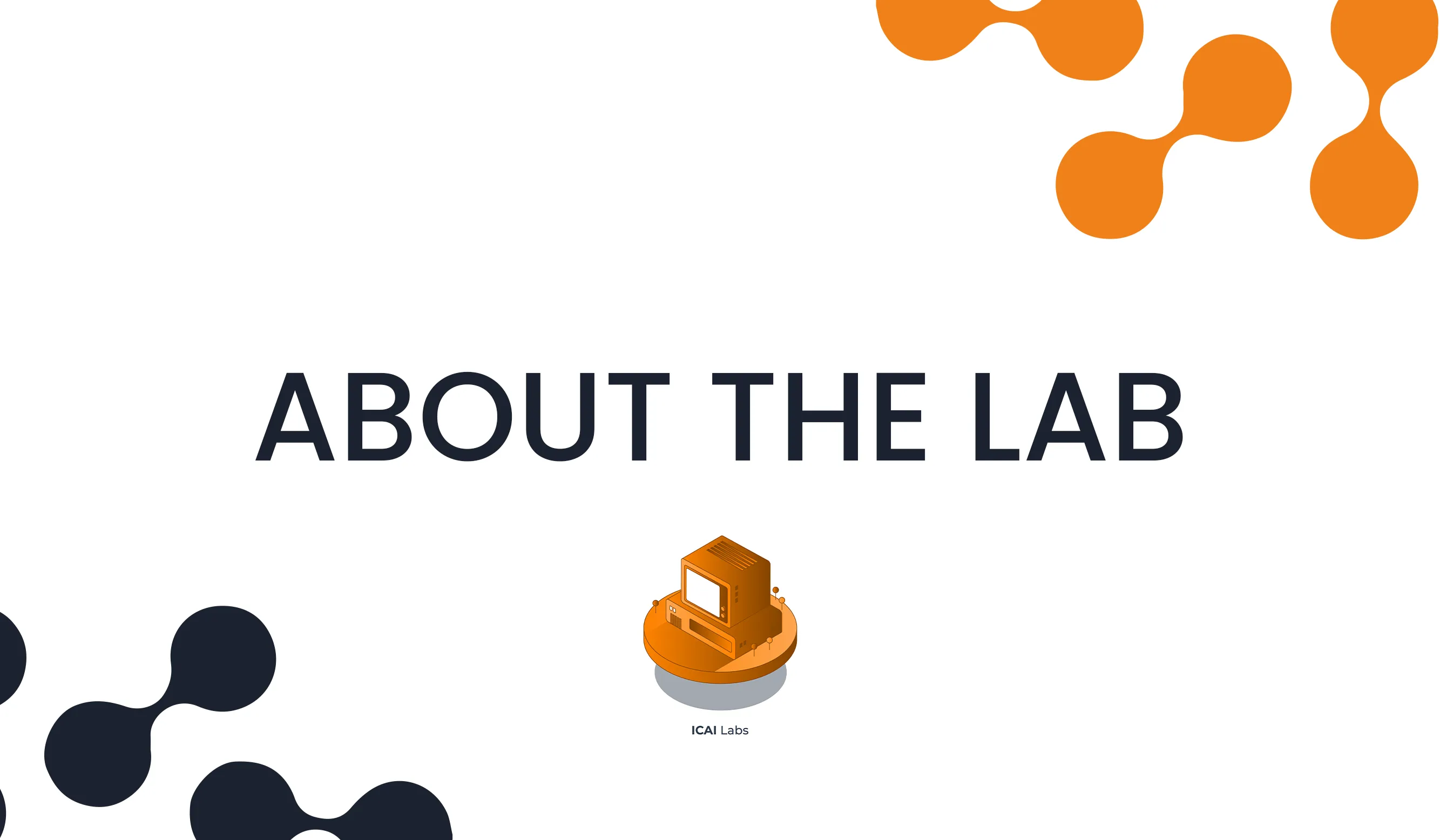AI-FAIR Lab
A collaboration between NXP Semiconductors and Eindhoven University of Technology.
The AI-FAIR Lab is focused on improving the completeness, generalization, explainability, and deployability of deep data-driven methods for automotive imaging radar processing, with a primary use case of collision risk prediction with vulnerable road users. AI-FAIR Lab is a collaboration between the Eindhoven University of Technology, NXP Semiconductors, and NLAIC.
The scientific aim of the AI-FAIR Lab is to improve, using deep data-driven methodologies, automotive imaging radar processing with respect to the following aspects:
- Completeness, i.e. estimating a world model that is as information-rich as that of humans including estimating the spatial and temporal presence of objects/elements/events for which no or only very incomplete measurements are available;
- Generalization, i.e. recognizing objects/elements/events that fall outside the distribution of the training data thereby extending the conditions under which the system can be used effectively;
- Explainability, i.e. providing supporting evidence (on an expert level) to justify the actions taken by the deep data-driven system; Deployability, i.e. guaranteeing that AI methods can effectively be used on available compute platforms and thus meet operational (real-time) constraints.
The primary use case for automotive imaging radar processing is collision risk prediction with vulnerable road users. This lab’s goals of Completeness and Deployability contribute to the overall program’s research line of Accuracy, by improving the effectiveness in being able to timely predict potential collisions on embedded automotive processors. The goal of Generalization contributes to the overall program’s research line of Resilience, by extending the operational conditions/domain under which such predictions are effective. Finally, the goal of Explainability directly contributes to the same overall program’s research line, by improving the ability of the system to provide supporting evidence (on an expert level) to justify the actions taken by the system.
Researchers will focus on improving the quality of the 4D data tensor by increasing spatial resolutions and reducing artifacts such as radar clutter. They will also work to improve collision risk prediction by increasing its completeness and generalizability. Additionally, they will research the optimal mappings of the deep neural networks developed in the first two components to embed real-time compute hardware and will investigate the technical requirements for explainable AI in deep data-driven systems and implement and validate extensions for the neural networks to make them explainable. These efforts will involve an iterative process in which the research outputs of one team will be shared and reused by other researchers as the project progresses.



Research projects
Physics-based deep learning for super-resolution compressive radar: aims to learn task-adaptive statistical priors directly from data.
Deep learning for radar artefact mitigation: aims to develop networks for modelling of interference in the complex-domain range-Doppler spectrum.
Deep learning for 4D automotive imaging radar collision prediction: aims to increase the generalisation capabilities of collision prediction models.
Neural Architecture Search for 4D Imaging radar networks: aims to achieve highly effective camera/radar-based computer vision with reduced computational requirements.
Explainable deep data-driven AI: aims to develop explainability methods for diverse stakeholders in the domain of autonomous driving (developers, users, regulators).
PHD Students


Partners
The Technical University Eindhoven (TU/e) and NXP have an overarching strategic partnership of which the AI-FAIR Lab will be a part. In the AI-FAIR Lab, Eindhoven University of Technology (TU/e) is responsible for organizing and managing the lab’s scientific research activities, which will benefit both TU/e’s internal fundamental artificial intelligence roadmap and NXP’s applied technology roadmap. NXP, on the other hand, will provide access to technical infrastructure and valuable domain knowledge to the PhD students at the lab. This collaboration is highly synergistic, with many ex- TU/e students, PDEngs, and PhDs having professional careers at NXP and many NXP researchers being part-time researchers or professors at TU/e.
Eindhoven University of Technology (TU/e) is a public technical university in the Netherlands, situated at Eindhoven. TU/e is a research university specialising in engineering science & technology.
NXP Semiconductors is a Dutch semiconductor designer and manufacturer. NXP design purpose-built, rigorously tested technologies that enable devices to sense, think, connect and act intelligently to improve people's daily lives.
NLAIC is a non-profit organisation committed to accelerating AI developments in the Netherlands and connecting AI initiatives.


.svg)

